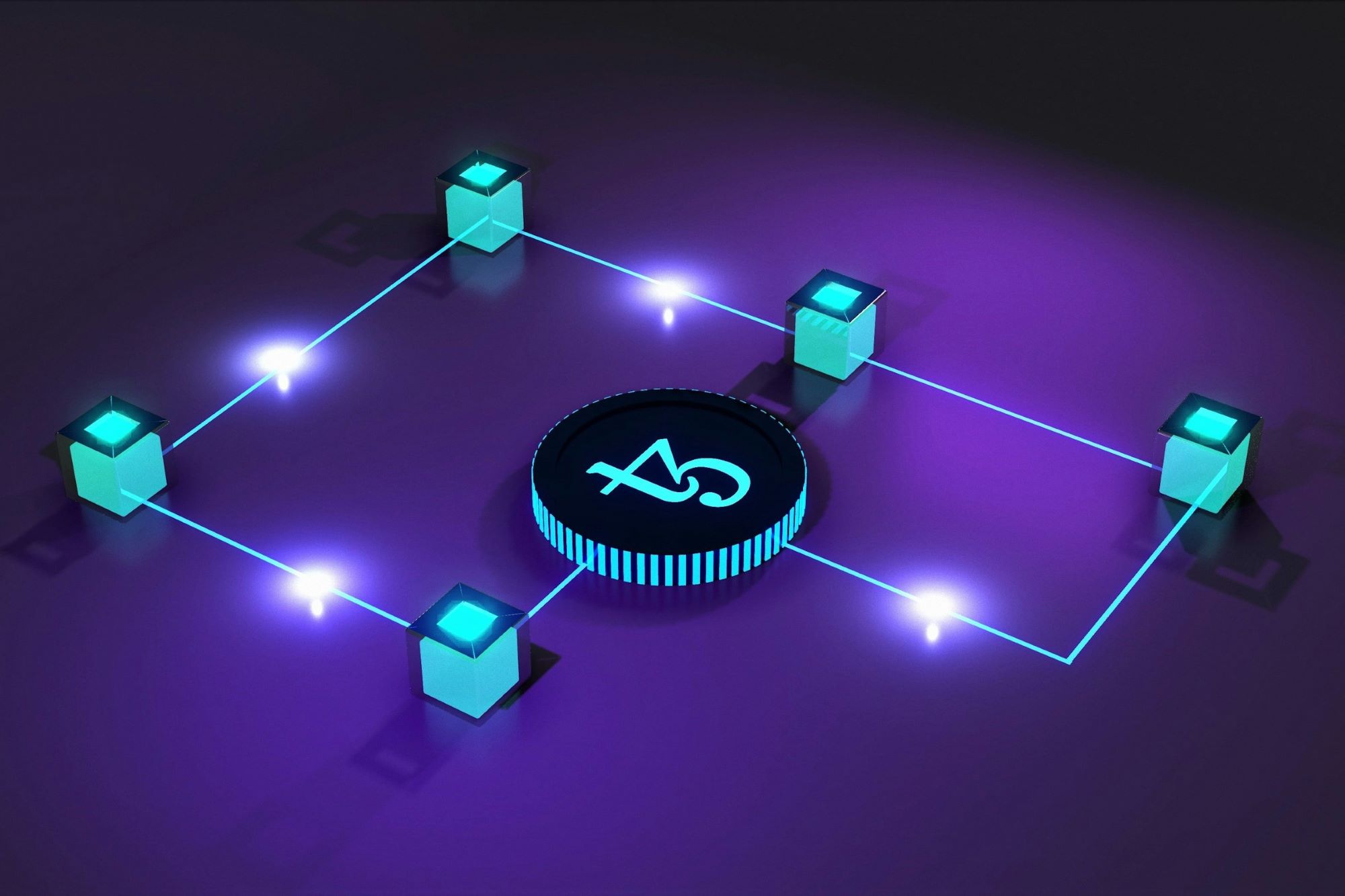Choosing the right cryptocurrency for fast and low-cost transactions can significantly enhance your business operations. This article provides an overview of the top cryptocurrencies that offer speedy transactions with minimal fees. From Bitcoin’s Lightning Network to lesser-known but efficient coins like Nano and Stellar, we discuss the features, advantages, and ideal use cases for each, helping you make informed decisions for your payment infrastructure.
Importance of Fast and Low-Cost Transactions
In today’s fast-paced world, where instant gratification is the norm, the importance of fast and low-cost transactions cannot be overstated. Whether it’s sending money to family members abroad, purchasing goods online, or investing in financial markets, people expect transactions to be completed quickly and without hefty fees. Fast transactions ensure that individuals can access their funds when they need them most, without having to wait for days or even weeks for transfers to process. Additionally, low transaction costs enable individuals to retain more of their hard-earned money, making financial transactions more accessible and inclusive for everyone. In a global economy where borders are increasingly blurred, fast and low-cost transactions are essential for fostering economic growth and prosperity for all.
Cryptocurrencies have emerged as a solution to the challenges posed by traditional financial systems, offering a decentralized and efficient alternative for conducting transactions. With their ability to facilitate near-instantaneous transfers at a fraction of the cost of traditional banking methods, cryptocurrencies have revolutionized the way people transact value across the globe. As the demand for fast and low-cost transactions continues to grow, the role of cryptocurrencies in shaping the future of finance becomes increasingly significant.
Bitcoin: The Pioneer
Bitcoin, the first cryptocurrency, has paved the way for the digital currency revolution. Despite its popularity, Bitcoin transactions can be slow and expensive due to network congestion and high fees. However, its status as the pioneer in the crypto space has cemented its position as a store of value and a medium of exchange. Here are some key points to consider:
Advantages:
- Recognition: Bitcoin enjoys widespread recognition and acceptance as the original cryptocurrency.
- Liquidity: It boasts high liquidity, making it easy to buy, sell, and trade on various cryptocurrency exchanges.
- Security: Bitcoin’s blockchain, powered by a vast network of miners, ensures robust security against fraudulent activities.
- Decentralization: As a decentralized currency, Bitcoin operates without the need for intermediaries like banks, giving users more control over their finances.
Challenges:
- Scalability: Bitcoin’s scalability issues have led to slower transaction speeds and higher fees during periods of high demand.
- Volatility: Its price volatility makes it less suitable for everyday transactions and more suited as a long-term investment.
- Energy Consumption: The energy-intensive process of Bitcoin mining has raised concerns about its environmental impact.
Despite these challenges, Bitcoin remains a dominant force in the cryptocurrency market and continues to influence the development of blockchain technology and digital currencies worldwide.
Ripple (XRP): The Banker’s Coin
| Feature | Details | Impact |
| Transaction Speed | 3-5 seconds | Enables rapid transfers, ideal for real-time payments |
| Transaction Costs | Extremely low, typically fractions of a cent | Cost-effective for both individuals and businesses |
| Adoption by Banks | Used by over 100 financial institutions worldwide | Enhances cross-border payment efficiency |
Ripple (XRP) is often referred to as the banker’s coin due to its strong focus on facilitating seamless cross-border payments for financial institutions. Unlike many other cryptocurrencies, Ripple aims to integrate with traditional banking systems, making it a unique player in the crypto space. Here’s why Ripple stands out:
- Transaction Speed: Ripple’s consensus algorithm allows for transaction confirmations within 3-5 seconds, making it one of the fastest cryptocurrencies available. This speed is crucial for businesses and financial institutions that require immediate settlement of funds.
- Transaction Costs: Ripple boasts extremely low transaction fees, typically fractions of a cent. This cost-effectiveness makes it attractive for large-scale transactions and international payments, where traditional banking fees can be prohibitive.
- Adoption by Banks: Ripple’s technology is used by over 100 financial institutions worldwide. Its adoption by banks and payment providers demonstrates its effectiveness in streamlining cross-border transactions and reducing operational costs.
Ripple’s unique approach to bridging the gap between cryptocurrencies and traditional finance has positioned it as a leading solution for efficient, low-cost, and fast international transactions. Its growing adoption by major financial players underscores its potential to revolutionize the global payments landscape.
Stellar (XLM): Connecting Financial Systems
Stellar (XLM) is a cryptocurrency designed to facilitate seamless transactions between different financial systems. Its primary goal is to connect banks, payment systems, and individuals, making it easier and cheaper to transfer money across borders. Stellar’s blockchain technology ensures that transactions are processed quickly, typically within a few seconds, and at a very low cost. This efficiency makes it an attractive option for remittances and microtransactions, where high fees and slow processing times are major obstacles.
In addition to its transaction efficiency, Stellar emphasizes inclusivity and accessibility. The network supports a variety of currencies and assets, allowing users to exchange everything from traditional fiat currencies to other cryptocurrencies. Stellar’s built-in decentralized exchange further enhances its flexibility, enabling users to trade assets directly on the blockchain. By bridging different financial systems and promoting financial inclusion, Stellar aims to create a more connected and equitable global economy.
Dash: Digital Cash
Dash, short for “Digital Cash,” is a cryptocurrency focused on providing a fast, secure, and user-friendly experience for everyday transactions. It was originally known as XCoin and later as Darkcoin before rebranding to Dash in 2015. Dash aims to improve upon Bitcoin’s shortcomings by offering enhanced privacy features and faster transaction times. Here’s a closer look at what makes Dash unique:
Key Features:
- InstantSend: Dash’s InstantSend feature allows for transactions to be confirmed in just a few seconds. This speed is achieved through a network of masternodes, which provide swift and secure transaction verifications, making Dash suitable for point-of-sale transactions and other time-sensitive payments.
- PrivateSend: For users who value privacy, Dash offers the PrivateSend feature. This option enables users to mix their coins with those of other users, obscuring the transaction history and enhancing anonymity. This feature is particularly attractive for those who prioritize confidentiality in their financial dealings.
- Masternodes: Dash’s network is supported by a two-tier architecture consisting of regular nodes and masternodes. Masternodes perform advanced functions like InstantSend and PrivateSend, and they also participate in the governance of the network. Operators of masternodes are rewarded with a portion of the block rewards, incentivizing them to maintain the network.
Advantages:
- Speed: Dash transactions are significantly faster than those of many other cryptocurrencies, making it practical for everyday use.
- Security: The use of masternodes and a robust consensus algorithm ensures the network’s security and reliability.
- User-Friendliness: Dash has focused on creating a user-friendly experience, with easy-to-use wallets and straightforward transaction processes.
Challenges:
- Centralization Concerns: The reliance on masternodes has raised some concerns about centralization, as a significant portion of the network’s functionality is dependent on these nodes.
- Competition: As the cryptocurrency market grows, Dash faces competition from other cryptocurrencies that also offer fast and low-cost transactions.
Dash’s commitment to enhancing transaction speed and privacy, along with its user-friendly approach, makes it a strong contender in the digital currency landscape. By addressing some of the limitations of earlier cryptocurrencies, Dash aims to provide a practical solution for everyday financial transactions, positioning itself as true digital cash.
Bitcoin Cash (BCH): Scalable Bitcoin Alternative
Bitcoin Cash (BCH) was created in 2017 as a fork of Bitcoin to address scalability issues inherent in the original Bitcoin network. The primary difference between Bitcoin and Bitcoin Cash lies in the block size. Bitcoin Cash increased the block size limit from 1 MB to 8 MB, and later to 32 MB, allowing for more transactions to be processed in each block. This increase significantly enhances the network’s ability to handle a higher volume of transactions, reducing congestion and lowering transaction fees. As a result, Bitcoin Cash offers faster and more affordable transactions, making it a more scalable solution for everyday use compared to its predecessor.
Moreover, Bitcoin Cash retains many of the core principles of Bitcoin, such as decentralization and security, while striving to improve upon its limitations. The larger block size allows for quicker confirmations, which is particularly beneficial for merchants and consumers who need rapid transaction validation. By focusing on scalability and efficiency, Bitcoin Cash aims to become a viable alternative to Bitcoin for those seeking a cryptocurrency that can support high transaction volumes without sacrificing speed or incurring high fees. Its emphasis on usability and cost-effectiveness makes Bitcoin Cash an attractive option for both individual users and businesses looking to integrate cryptocurrency payments into their operations.




